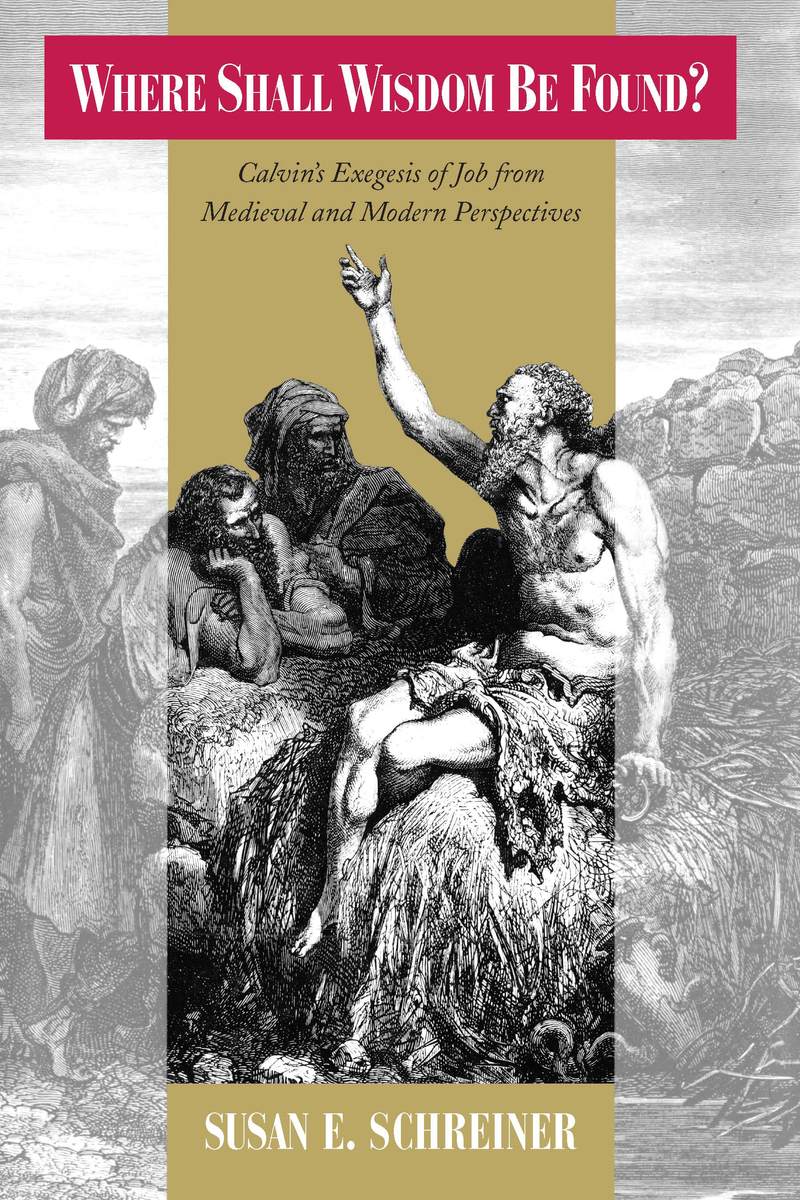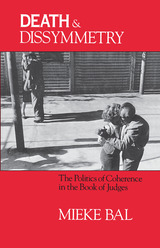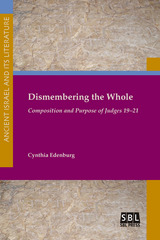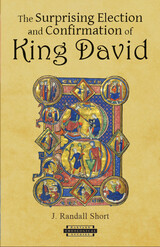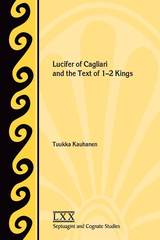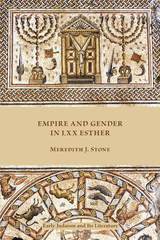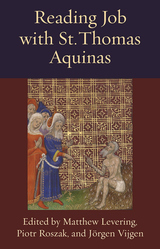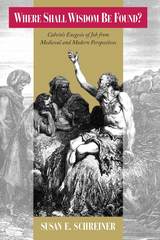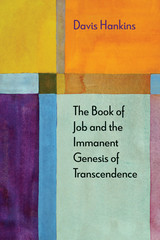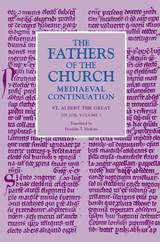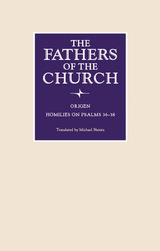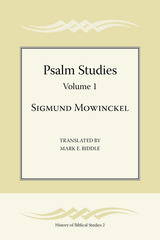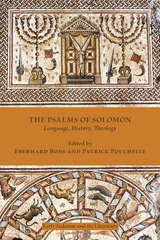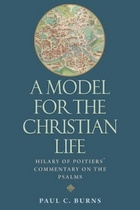Where Shall Wisdom be Found?: Calvin's Exegesis of Job from Medieval and Modern Perspectives
University of Chicago Press, 1994
Cloth: 978-0-226-74043-0 | Paper: 978-0-226-52924-0
Library of Congress Classification BS1415.2.S335 1994
Dewey Decimal Classification 223.106092
Cloth: 978-0-226-74043-0 | Paper: 978-0-226-52924-0
Library of Congress Classification BS1415.2.S335 1994
Dewey Decimal Classification 223.106092
ABOUT THIS BOOK | AUTHOR BIOGRAPHY | TOC | REQUEST ACCESSIBLE FILE
ABOUT THIS BOOK
Through countless retellings, from the Talmud to Archibald MacLeish and since, the story of Job has become a fixture in the cultural imagination of the West. In this study, Susan E. Schreiner analyzes interpretations of the Book of Job by Gregory the Great, Maimonides, Thomas Aquinas, and particularly John Calvin. Reading Calvin's interpretation of Job against the background of his most important medieval predecessors, Schreiner shows how central Job is to Calvin's struggles with issues of creation, the problem of evil, the meaning of history, and the doctrine of providence.
For Calvin and his predecessors, Schreiner argues, the concept of intellectual perception is the key to an understanding of Job. The texts she examines constantly raise questions about the human capacity for knowledge: What can the sufferer who stands within history perceive about the self, God, and reality? Can humans truly perceive the workings of providence in their personal lives or in the tumult of history? Are evil and injustice a reality that we must confront before finding wisdom?
In her final chapter, Schreiner turns to the wide array of twentieth-century interpretations of Job, including modern biblical commentaries, the work of Carl Jung, and literary transfigurations by Wells, MacLeish, Wiesel, and Kafka. The result is a compelling demonstration of how the history of exegesis can yield vital insights for contemporary culture.
For Calvin and his predecessors, Schreiner argues, the concept of intellectual perception is the key to an understanding of Job. The texts she examines constantly raise questions about the human capacity for knowledge: What can the sufferer who stands within history perceive about the self, God, and reality? Can humans truly perceive the workings of providence in their personal lives or in the tumult of history? Are evil and injustice a reality that we must confront before finding wisdom?
In her final chapter, Schreiner turns to the wide array of twentieth-century interpretations of Job, including modern biblical commentaries, the work of Carl Jung, and literary transfigurations by Wells, MacLeish, Wiesel, and Kafka. The result is a compelling demonstration of how the history of exegesis can yield vital insights for contemporary culture.
See other books on: Criticism, interpretation, etc | Job | O.T | Old Testament | Sermons
See other titles from University of Chicago Press
